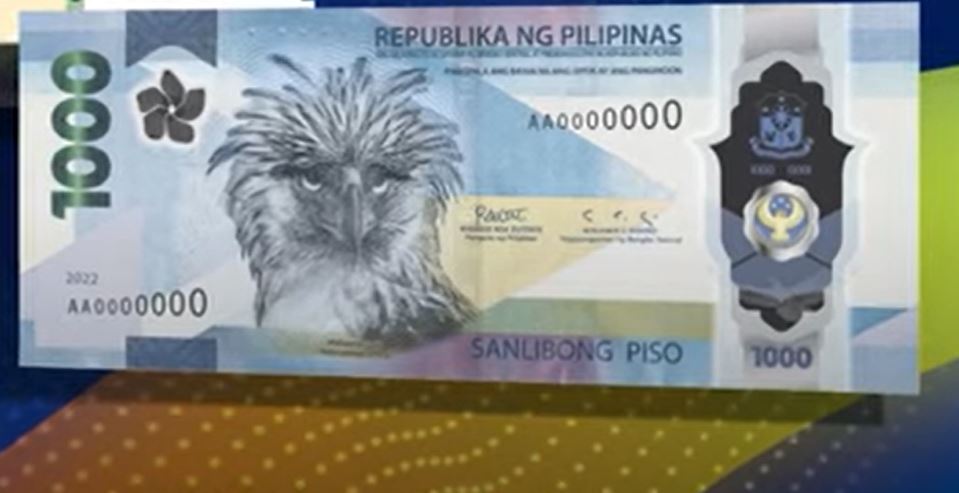

(Eagle News) – “Folded bank notes, whether paper or polymer, can still be circulated and accepted for payment,” the Bangko Sentral ng Pilipinas (BSP) advised the public on Tuesday, July 12.
The BSP said it issued this advisory to clarify and “address concerns raised on social media regarding non-acceptance by some establishments of folded 1000-Piso polymer banknotes.”
Retailers and banks should accept folded bank notes, both the paper and polymer type, for day-to-day payment transactions, the BSP said.
The BSP advisory was issued even as SM Retailer Stores issued a statement saying that it was accepting folded polymer bank notes contrary to what came out on social media.
“In response to the information circulating on social media regarding the new P1,000 bill, we would like to assure the public that folded bank notes are still accepted in our SM Retail Stores,” it said.
This statement was in response to a viral social media post where a netizen detailed her experience with a teller of a bank inside SM who refused to accept a slightly folded P1,000 bank note.
The retail giant also advised the public to not rely on social media posts.
-Guidelines on handling bank notes-
The BSP said it had already issued guidelines on the proper handling of banknotes.
This includes storing banknotes in wallets where they fit properly (the typical bi fold wallet fits this criteria), keeping them clean, and using them as payment for goods and services.
These guidelines “apply to both paper and polymer banknote,” the BSP said.
The handling guidelines were issued to raise public awareness on the proper use of polymer and paper banknotes to safeguard their integrity and prolong their lifespan.
“If individual is doubtful on the value and/or authenticity of a banknote, he or she is encouraged to go to any bank for assistance. The bank will then refer the banknote to the BSP for examination,” the BSP said.
The BSP released the new P1000 polymer bank notes last April.
Citing various scientific studies, the BSP said that polymer bills can be sanitized with less risk of damage, making them a more hygienic alternative to paper banknotes.
The scientific studies reviewed by the Department of Health also found that in temperatures typical of tropical climates, viruses and bacteria survive for shorter periods on polymer compared to paper banknotes, the BSP said.
“Their extended lifespan makes polymer banknotes more cost- effective in the long run. They can also be recycled into other useful forms, such as compost bins, building components, furniture and other household products,” the BSP said then.
“Using advanced technology, polymer banknotes make counterfeiting significantly more difficult and costly. More intricate designs and stronger security measures are in line with the BSP’s mandate of safeguarding the integrity of Philippine currency,” it added.
(Eagle News Service)
